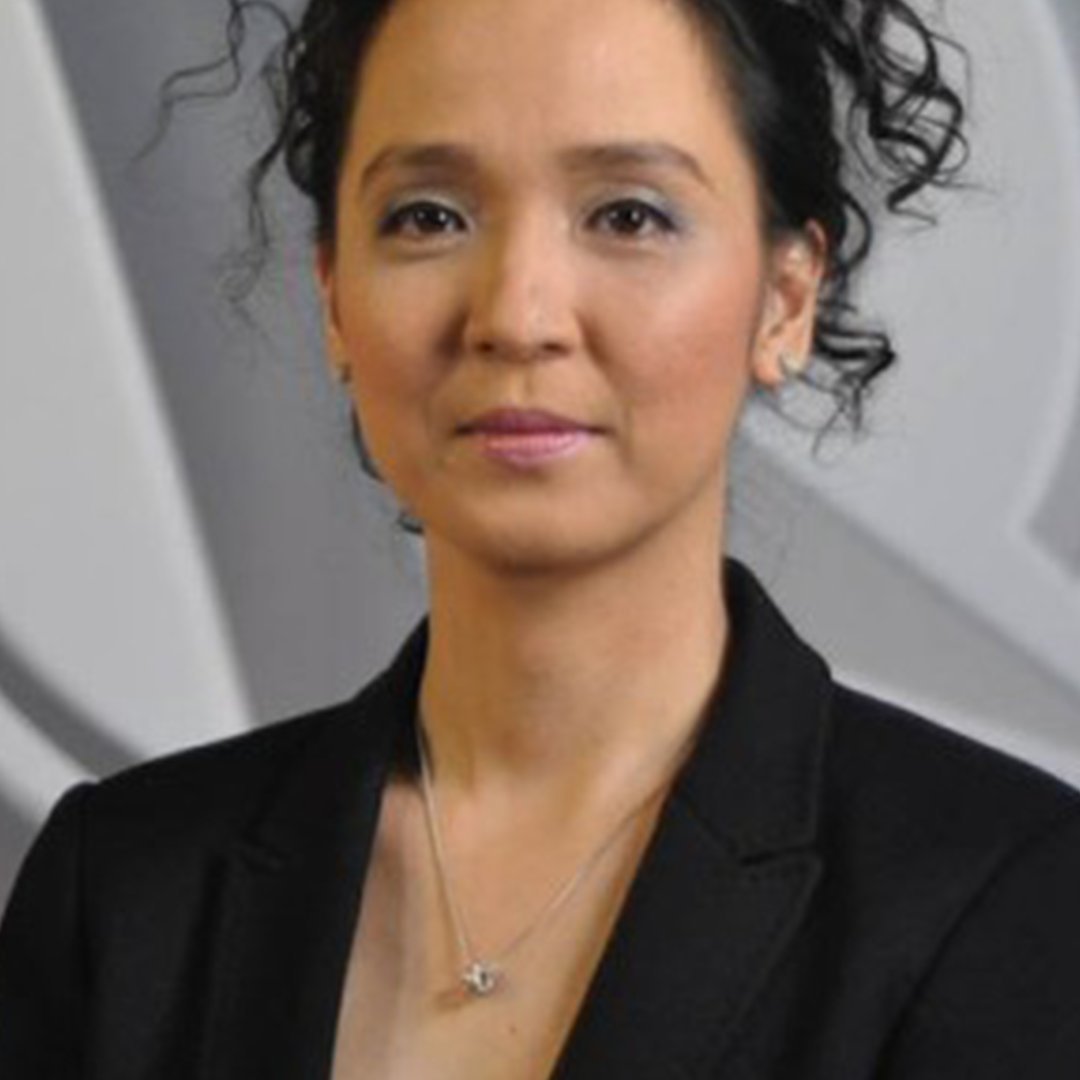16 Oct 2022 | Greece, Malta, Netherlands, News and features, Northern Ireland, Slovakia
It shouldn’t have taken a murder. Surely it didn’t need a car bomb in a quiet Maltese town. Daphne Caruana Galizia did not need to die for Europe and the rest of the world to take notice of media freedom’s precarious foundations. But to our shame, it did.
Five years ago today, Daphne was murdered by a car bomb that exploded when she was moments from her front door. But the car bomb was only the mechanism by which she was silenced. Daphne was murdered by the opaque but powerful forces that first encourage, before demanding and eventually forcing silence. But she was never rendered mute, even now.
In the years that have followed, Europe has wrestled both with her legacy – what her investigations revealed – as well as the legacy of her killing – what her murder revealed. In the aftermath of similar killings in Northern Ireland (Lyra McKee), Slovakia (Ján Kuciak and Martina Kušnírová), Greece (Giorgos Karaivaz) and the Netherlands (Peter R. de Vries), as well as increased attention on the use of strategic lawsuits against public participation (SLAPPs), Europe has been forced to address an uncomfortable reality: journalists are at risk all across the continent. And so, by extension, is European democracy.
This is the dark light that bathes Europe, a light emanating from the brutal collapse of the rule of law but also a light that can illuminate what is broken. In the five years that have passed since her death, Daphne’s family have had to fight for every inch to demand both justice for Daphne and accountability for Malta. Whether this was to demand a public inquiry, pressing for progress in the criminal investigation, and putting SLAPPs on the European agenda, the rage, sadness and fury has fuelled a reckoning that has helped bring forward a proposed European Commission directive on SLAPPs, a Europe-wide coalition of organisations fighting to upend this form of lawfare, as well as similar movements at a national level.
In the UK, spurred on by Russia’s unlawful invasion of Ukraine, the UK Government announced in July 2022 an anti-SLAPP mechanism that could limit how UK courts are abused to silence critical speech. As we wait to see what happens – especially after the change in Prime Minister and her cabinet – we hope we are at the threshold of something significant. It is important to remember that a number of the libel threats against Daphne were deployed with the aid of London-based legal expertise – SLAPPs cannot be confined within national borders.
But we must return to Malta to remind ourselves of the pitfalls. Recently announced reforms aimed at protecting journalism, including much-vaunted anti-SLAPP protections, have had to be hurriedly frozen by the Prime Minister after being widely derided as inadequate, both in terms of content, falling far short of the proposed EC Directive, and process. The Institute of Maltese Journalists (IGM) had threatened to step away from the Committee of Experts unless “meaningful” consultation takes place. This was echoed by both the International and European Federations of Journalists (IFJ and EFJ) who have joined the call for the legislation to be withdrawn, as reported in Maltese outlet, NewsBook: “no proposal on media legislative reform should be submitted to the parliament without a transparent public consultation. This is all the more crucial in a country where a state holds some form of responsibility for the killing of a journalist.” While appearing to be fuelled by a desire to be the first EU nation to bring forward national legislation responding to SLAPPs, a grimy sense of competitive haste has seemingly triumphed over a commitment to genuine and meaningful protections.
Today, vigils remembering Daphne’s legacy – her life, her writing, and her commitment to the public’s right to know – are taking place across Europe, in London, Valletta, Brussels and Edinburgh to name a few. But wherever we are, we must ensure that by remembering Daphne’s life, we are reminded of our commitment to protect journalists against vexatious legal threats, physical attacks and every act that isolates, demonises or targets them.
Progress is slow and halting and will not proceed from one point to the next without obstruction – Malta’s current reform process is testament to that – however, the greatest way we can honour Daphne is by moving with purpose to ensure what happened to her cannot happen to another journalist. The dark light has illuminated what needs to change and the urgency with which it must change. It should not have taken the murder of a journalist for this to happen and we must not forget the darkness that sparked this push for greater protections, a darkness that robbed a family of the private space in which to mourn, but we must follow where the light leads. For in Daphne’s words, “There are crooks everywhere you look. The situation is desperate.
13 Jun 2019 | Campaigns, Campaigns -- Featured, Statements
[vc_row][vc_column][vc_single_image image=”107234″ img_size=”full”][vc_column_text]EU leaders from Cyprus, France, Greece, Italy, Portugal, and Spain are urged to address the ongoing impunity in the case of assassinated journalist Daphne Caruana Galizia
To: Mr Emmanuel Macron, President of France; Mr Giuseppe Conte, Prime Minister of Italy; Mr Nicos Anastasiades, President of Cyprus; Mr Alexis Tsipras, Prime Minister of Greece; Mr António Costa, Prime Minister of Portugal; and Mr Pedro Sánchez, Prime Minister of Spain.
13 June 2019
Your excellencies,
Journalist Daphne Caruana Galizia was assassinated in Malta by a car bomb on 16 October 2017. There is no process inquiring into the circumstances of the murder. We, the undersigned organisations, have advocated extensively for justice in the case and are closely monitoring the process on the ground.
A report on the assassination, titled “Daphne Caruana Galizia’s assassination and the rule of law, in Malta and beyond: ensuring that the whole truth emerges”, by the Special Rapporteur of the Parliamentary Assembly of the Council of Europe (PACE), Pieter Omtzigt, was adopted by the Legal Affairs and Human Rights Committee meeting in Paris on 29 May 2019.
The report highlights a series of concerns relating to the investigation into the murder of Daphne Caruana Galizia, and Malta is requested to establish an independent and impartial public inquiry within three months to determine whether the state could have prevented the assassination – a call we have made repeatedly. The Committee noted fundamental weaknesses in Malta’s system of democratic checks and balances, seriously undermining the rule of law. This is an alarming situation, particularly in a Council of Europe and European Union member state. The Maltese authorities are called upon to take steps to end the prevailing climate of impunity.
So far, the Maltese government has blocked a public inquiry, leaving journalists continuing to work in Malta at great risk and forcing Galizia’s family to litigate the Prime Minister’s refusal to hold a public inquiry into the assassination. Only a public inquiry can determine how best to guarantee the safety of journalists and prevent future attacks. The Venice Commission Opinion on Malta states Malta’s positive obligations in relation to the assassination of Daphne Caruana Galizia. A public inquiry is the only process that can effectively address these positive obligations. The call for a public inquiry is supported by a resolution by the European Parliament which requests the Maltese government to launch a public inquiry, and calls on the EU institutions and the Member States to initiate an independent international public inquiry into the murder and the alleged cases of corruption, financial crimes, money laundering, fraud and tax evasion reported by the journalist.
By signing the Sibiu Declaration, you have pledged to safeguard Europe’s democratic values and the rule of law. We therefore urge you to address the matter of safety of journalists and ongoing impunity in the case of Daphne Caruana Galizia in your meeting with Prime Minister Muscat in Valletta on 14 June.
Thank you for your attention.
Kind regards,
Dr Lutz Kinkel, Managing Director, European Centre for Press and Media Freedom (ECPMF)
Sarah Clarke, Head of Europe and Central Asia, ARTICLE 19
Annie Game, Executive Director, IFEX
Joy Hyvarinen, Head of Advocacy, Index on Censorship
Ravi R. Prasad, Director of Advocacy, International Press Institute (IPI)
Carles Torner, Executive Director, PEN International
Rebecca Vincent, UK Bureau Director, Reporters Without Borders (RSF)[/vc_column_text][/vc_column][/vc_row][vc_row][vc_column][vc_basic_grid post_type=”post” max_items=”4″ element_width=”6″ grid_id=”vc_gid:1560437482746-8cffafe9-48c7-1″ taxonomies=”8996″][/vc_column][/vc_row]
8 Oct 2018 | Campaigns -- Featured, Media Freedom, Statements
[vc_row][vc_column][vc_single_image image=”103114″ img_size=”full” add_caption=”yes”][vc_column_text]Viktoria Marinova, a reporter with TVN in Ruse, Bulgaria, was found brutally murdered on 6 October. The 30-year old was reportedly found dead in a park and had also been the victim of sexual crime.
Index on Censorship is shocked and saddened at the murder of a third journalist in the European Union in the last 12 months, following the killings of Daphne Caruana Galizia in Malta and Jan Kuciak and his partner in Slovakia.
Index’s Mapping Media Freedom project, which monitors threats, limitations and violations of media freedom in 43 countries has received 45 reports concerning Bulgaria since May 2014. There are 36 verified incidents on the platform that include deaths of media professionals since May 2014.
Index and European Centre for Press and Media Freedom (ECPMF) partner organisations recently wrote to Bulgaria’s Prime Minister, urging him to ensure the safety of journalists.
Paula Kennedy, assistant editor, said: “Index urges the Bulgarian authorities to ensure a swift and transparent investigation into the murder of Viktoria Marinova, including clarifying if her murder was connected to her work as a journalist”.[/vc_column_text][vc_raw_html]JTNDaWZyYW1lJTIwd2lkdGglM0QlMjI3MDAlMjIlMjBoZWlnaHQlM0QlMjIzMTUlMjIlMjBzcmMlM0QlMjJodHRwcyUzQSUyRiUyRm1hcHBpbmdtZWRpYWZyZWVkb20udXNoYWhpZGkuaW8lMkZzYXZlZHNlYXJjaGVzJTJGNzUlMkZtYXAlMjIlMjBmcmFtZWJvcmRlciUzRCUyMjAlMjIlMjBhbGxvd2Z1bGxzY3JlZW4lM0UlM0MlMkZpZnJhbWUlM0U=[/vc_raw_html][vc_raw_html]JTNDaWZyYW1lJTIwd2lkdGglM0QlMjI3MDAlMjIlMjBoZWlnaHQlM0QlMjI2MDAlMjIlMjBzcmMlM0QlMjJodHRwcyUzQSUyRiUyRm1hcHBpbmdtZWRpYWZyZWVkb20udXNoYWhpZGkuaW8lMkZzYXZlZHNlYXJjaGVzJTJGNzUlMkZkYXRhJTIyJTIwZnJhbWVib3JkZXIlM0QlMjIwJTIyJTIwYWxsb3dmdWxsc2NyZWVuJTNFJTNDJTJGaWZyYW1lJTNF[/vc_raw_html][/vc_column][/vc_row][vc_row][vc_column][vc_basic_grid post_type=”post” max_items=”4″ element_width=”6″ grid_id=”vc_gid:1538993415308-f6886e9e-16a5-0″ taxonomies=”9044″][/vc_column][/vc_row]
14 Jun 2018 | Magazine, Volume 47.02 Summer 2018
Journalist
Miriam Grace A Go is an award-winning journalist, who is currently news editor for the Philippine news site Rappler, based in Manila.
Cartoonist
Martin Rowson is a leading UK-based cartoonist and author of various books, including one released this May entitled The Communist Manifesto, an adaption of the classic Marxist text.
Musician
Mai Khoi, dubbed “Vietnam’s Lady Gaga”, is one of the most famous singers from the southeast Asian country today, as well as an outspoken campaigner for greater freedoms in the country.



